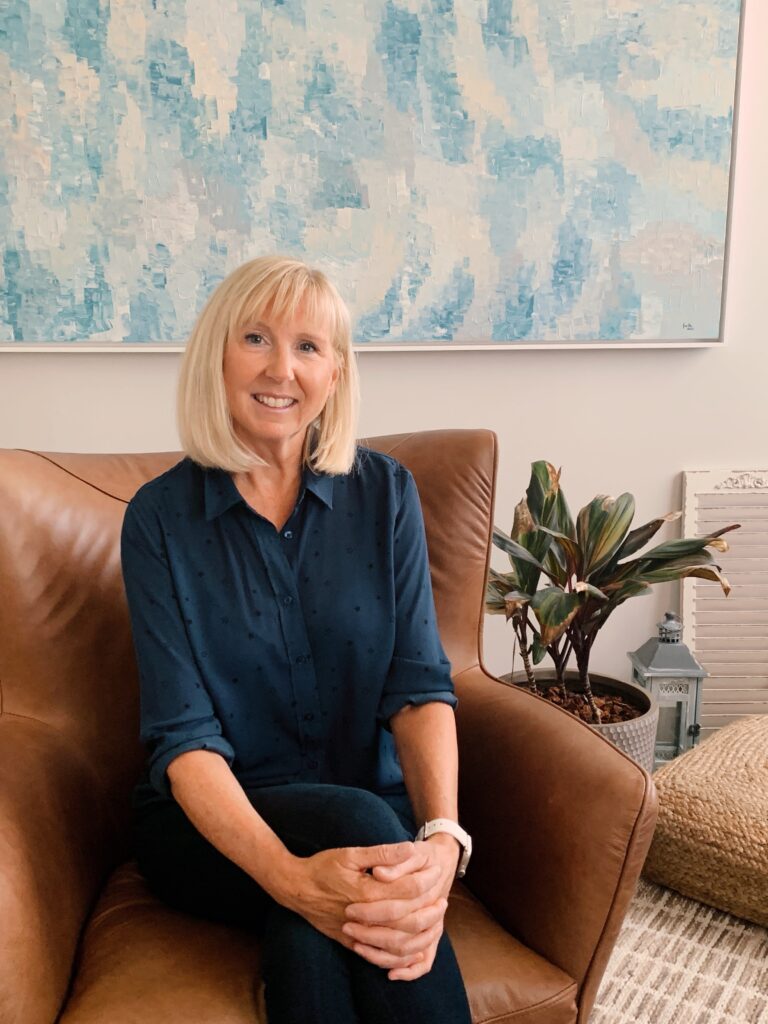
Every couple has a unique story, and it’s normal for relationships to go through different stages. I truly love working with couples, helping them recognize and build on their strengths while creating a path toward healing and reconnection. Many couples discover that the absence of positive experiences in their relationship can be a bigger challenge than the negative interactions that first seemed to be the main issue.
In our busy world, it is easy to lose sight of why you chose each other in the first place, and I’m here to help you reconnect with that.
Couples come to therapy for many reasons, whether it’s to strengthen a positive bond, navigate parenting decisions, or repair a painful rift. In our sessions, I use evidence-based approaches like Gottman Couples Therapy and Emotionally Focused Therapy. Together, we’ll focus on what’s most important to you—whether that’s rebuilding trust, deepening your connection and intimacy, improving communication, or nurturing the friendship that lies at the heart of your relationship.
Here are some common themes that often arise:
- Relationship dynamics
- Trust and infidelity
- Communication styles and skills building
- Conflict resolution
- Reconnecting
- Parenting and family issues
- Emotional intimacy
- Life transitions and stress
- Financial matters
Couples therapy begins with three initial assessment sessions, where we explore the relationship and set therapy goals. After that, sessions are scheduled at a pace and duration that best suit the couple’s needs.

Book Your Consultation
Helpful Resources

Our Registered Psychotherapists use an integrative approach in their work with couples which include research-based interventions and psycho-education from the leaders in couples therapy. Here are some helpful resources for couples looking to start couples therapy:
The Gottman Institute: Relationship resources for Couples HERE
The Attachment Project: Learn Attachment Theory From Experts HERE
What is Emotion Focused Therapy for Couples HERE
Small Things Often Podcast: Researched Based Tips from The Gottman Institute HERE



